Stress Awareness and the Effects it Can Have on Your Teeth
It is #StressAwarenessDay and we want all of our patients to realize the negative effects stress can have on your body, specifically your teeth. With 2020 being one of the most stressful years for many of us in recent memory, we want to share the importance of understanding how stress can affect your oral health.
Grinding and Clenching
Bruxism is the official term for grinding or clenching your teeth. For many people this is unfortunately a natural reaction to stress on the body and for most it is something you do not even realize you are doing in the moment. It is most common to notice teeth grinding or clenching at night while sleeping, but is also noticed while sitting in front of a computer. Try to become aware if you notice tension around your mouth from clenching and process what the cause of it may be. This will help you try to remove a certain stressor that may be triggering the clenching or grinding. If you notice chips, flattened tips, or sharp edges on your teeth, you may be suffering from bruxism. It is also common to become temperature sensitive from bruxism. If you are showing these signs or notice any changes in your mouth, it is important to make an appointment to get checked and we can address these issues and figure out the best plan for your dental health moving forward.
Dry Mouth
Xerostomia, more commonly known as dry mouth, occurs when your saliva glands fail to produce enough saliva. Your mouth may feel parched and scratchy, and it may be worse at night when output drops further. Stress, anxiety, and depression have been shown to decrease the production of saliva, too. Drinking plenty of water helps increase saliva, and non-alcoholic mouthwash may help relieve your dry mouth. It’s important to identify the underlying cause of xerostomia. If you deal with dry mouth beyond stressful periods, be sure to talk to your dentist about causes, solutions, and preventive measures against tooth decay. Xerostomia can significantly increase the risk of cavities.
Gum Disease
The body’s immune system will notice complex and possibly detrimental effects from stress. More than 50 percent of adults in the U.S. have periodontists, the most severe form of gum disease. Stress can limit the body’s immune response and lead to infections and further issues related to gum disease.
Oral infections further weaken immunity and allow harmful bacteria to spread into the body by entering the bloodstream through inflamed gums. It is important to take extra care if you notice inflamed gums. Seeing your dentist regularly is the best way to combat gum disease and further issues.
TMD or TMJ
Temporomandibular disorders (TMD) are conditions that affect the muscles and joints in your jaw. Specifically, pain in the temporomandibular joints (TMJ) in front of your ears is the most common. Symptoms can be noted as popping or clicking in your jaw, sore muscles around your jawline or neck, and headaches. It often is painful to open the jaw while talking or chewing.
Many times TMD is noticed at nighttime when clenching or grinding of teeth can happen. Oftentimes, patients will grab a store-bought night guard, but these will not help relieve the muscle pain. These can be used for temporary help until you can address the problem with us. It is possible the pain and tension will reduce once the stress is eliminated, but if you continue to notice issues, it is time to get into the office.
Many factors of stress never really go away, and the stress from 2020 has greatly increased for most people. Stress affects the body from head to toe, and it is best to identify your stressors and try to eliminate them. Be sure you are getting enough sleep, exercise in some sort everyday, train yourself in meditation or deep breathing, and connect with family and friends to keep your mind off of it. As always, if you continue to see major changes in your dental health, please contact us as soon as possible so that we can address the issues before they become something greater. We are here to assist you not only during difficult times but to keep your oral health best for a lifetime.
Contact us at (920) 766-9521 if you need to schedule an appointment, or use our online scheduler here.



Leave a Reply